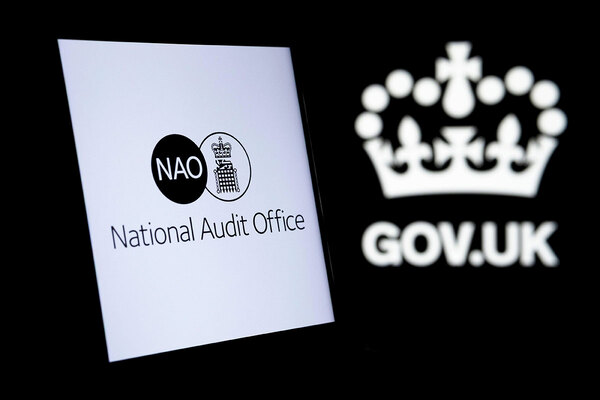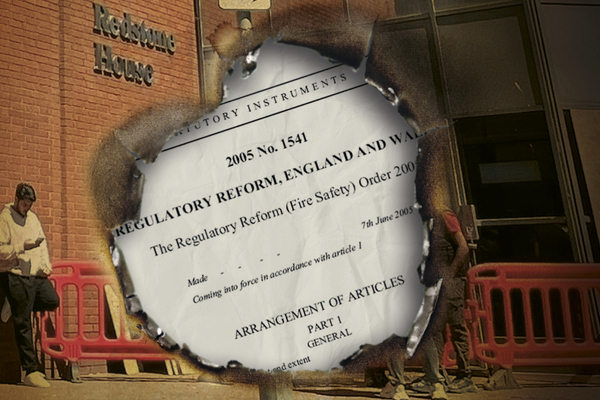You are viewing 1 of your 1 free articles
Fees for new landlord database could ease burden on council enforcement staff
Council enforcement staff members’ patch sizes could be reduced by a third if landlord registration fees for a new private rented sector (PRS) database are brought in.

In 2022-23, officials tasked with enforcing standards in private properties were responsible for an average of 3,300 homes each, according to analysis of data from 302 English councils by the New Economics Foundation (NEF).
However, modelling by the thinktank suggests that this caseload would reduce to fewer than 1,000 homes per officer if those owning the homes were charged £46 per property per year.
It suggests bringing the charge in for landlords, who will be required to register on a PRS database planned under the government’s Renters’ Rights Bill.
Research by the NEF also revealed disparities in the burden on enforcement officers at different councils.
The most stretched council at the time the data was collected was Huntingdonshire District Council, where one officer looked after nearly 25,000 properties.
Inside Housing understands that the council now has 1.5 full-time equivalent (FTE) officers working on housing enforcement, compared with 0.5 in the period the analysis covers.
A spokesperson for the council said: “We continue to take robust action on poor housing standards in the private rented sector.
“We will be using the provisions of the Renters’ Rights Bill to develop a new enforcement policy to hold landlords accountable.
“Through strong partnerships, we’re also driving regeneration across the district to improve housing for our communities.”
Brentwood was the second-worst out of the councils analysed, with one official responsible for 22,434 homes. The local authority declined to comment.
In contrast, staff at Nottingham City Council had just 267 homes in their patch each, as of 2022-23, with 133.5 FTE enforcement officers employed by the local authority in that period.
An estimated 4.7 million households in England live in private rented housing. The government’s planned PRS database aims to improve transparency for tenants, help landlords show compliance and allow councils to put more resources into enforcement.
Christian Jaccarini, senior researcher at the NEF, said: “Too many renters are stuck in damp, dangerous and insecure homes, while rogue landlords go unchallenged and enforcement teams are stretched to breaking point.
“The good news is that we can change this. For less than the cost of a meal out for two each year, charging fees to sign up to a landlord registry could finally end the postcode lottery in enforcement and make decent housing a right.
“Councils, tenants and even landlords agree: we need a landlord registry that holds bad actors to account and gives responsible landlords the credit they deserve.”
The NEF has previously called for the Right to Buy to be devolved, and for social landlords and community housing groups to be given improved powers to buy empty or poor-quality homes.
Sign up for our regulation and legal newsletter
Already have an account? Click here to manage your newsletters
Related stories







